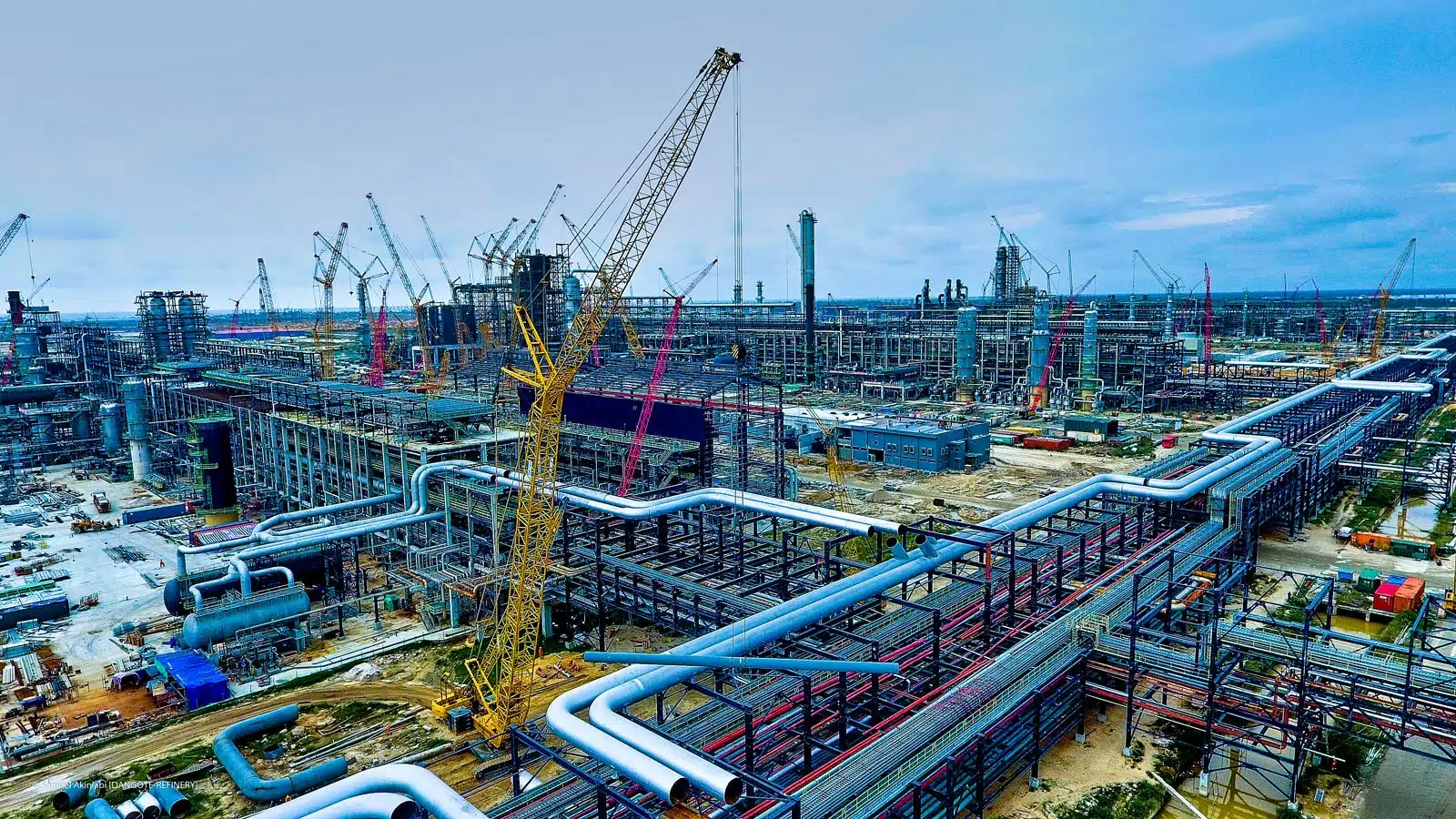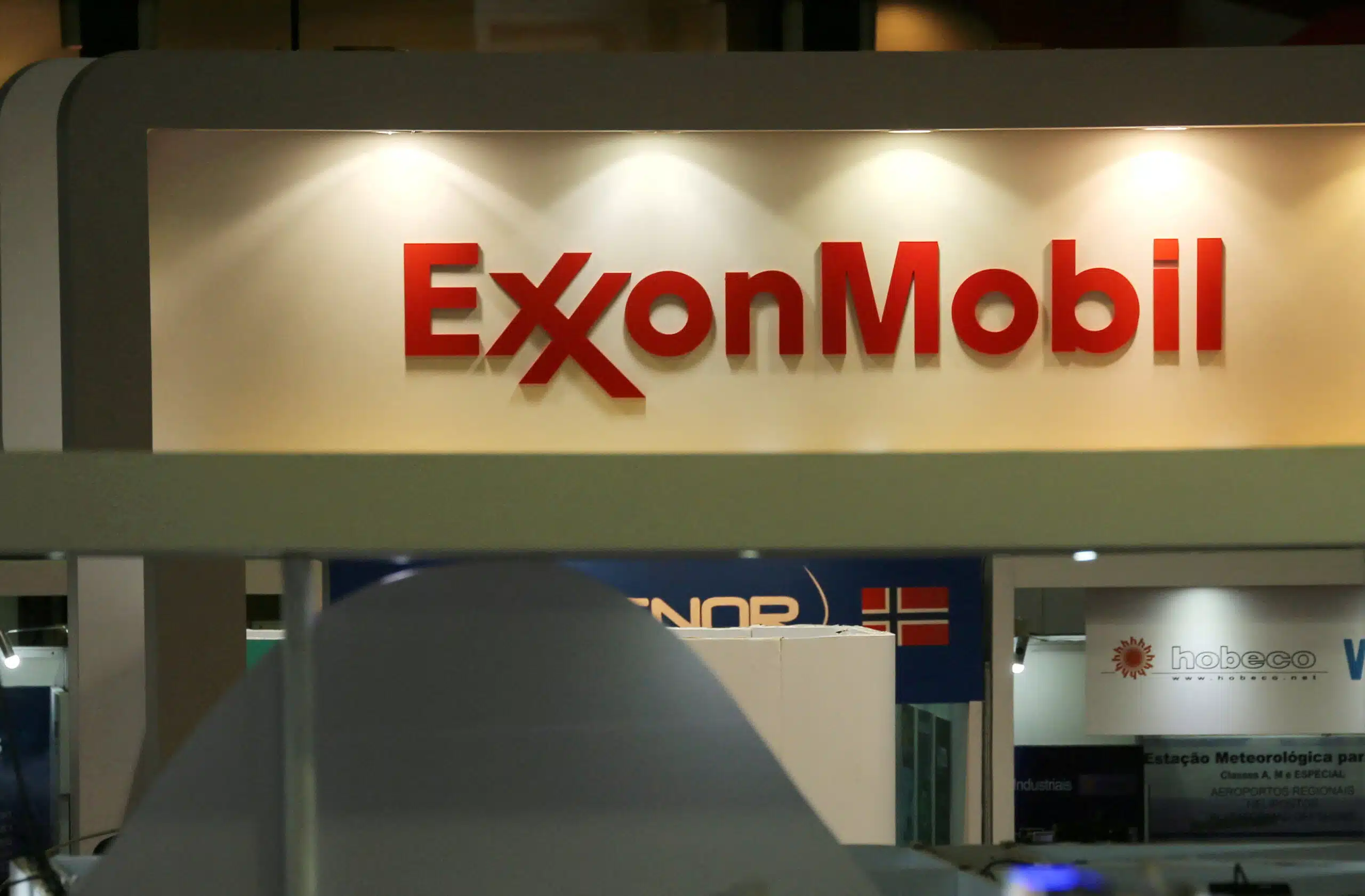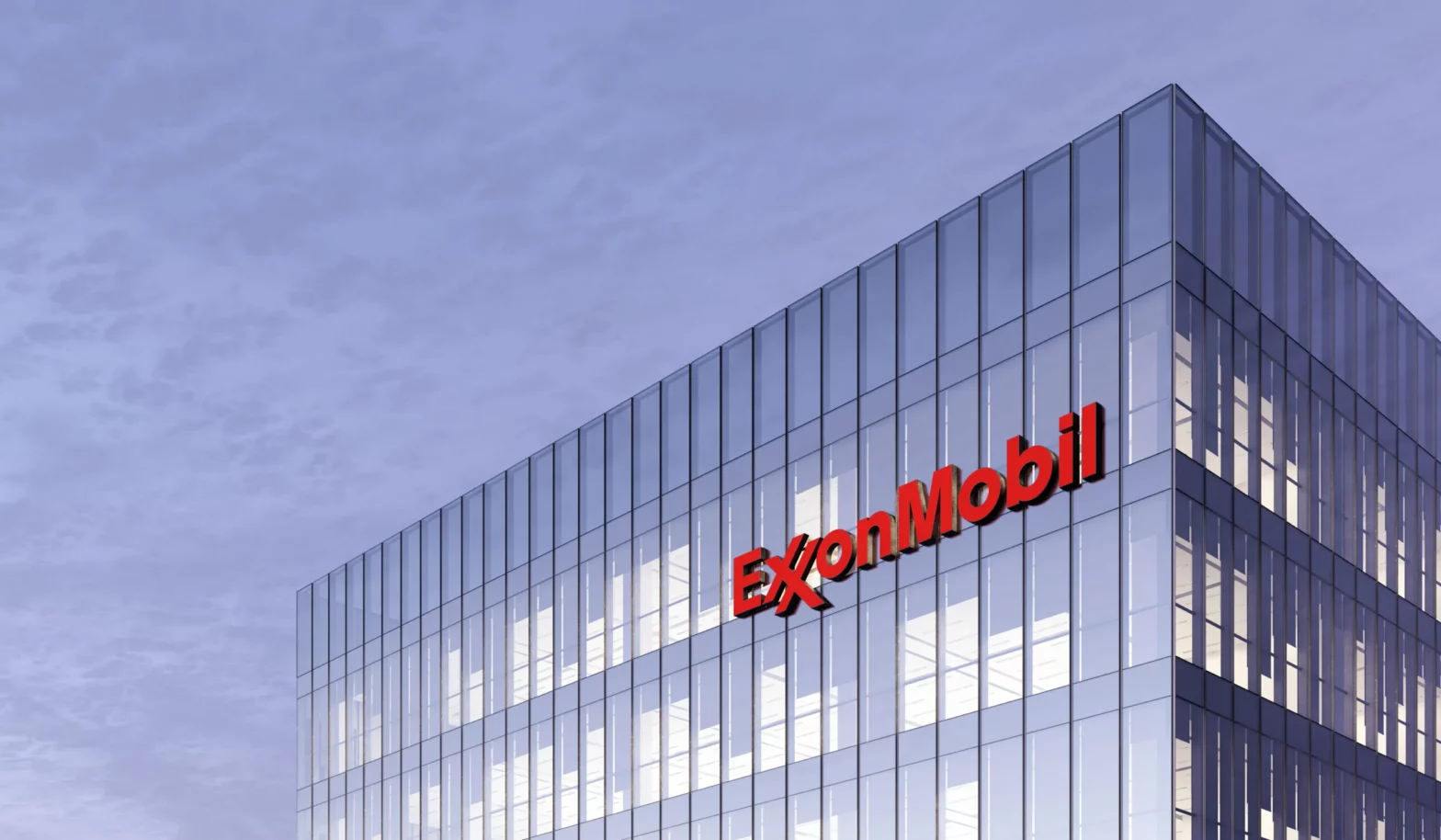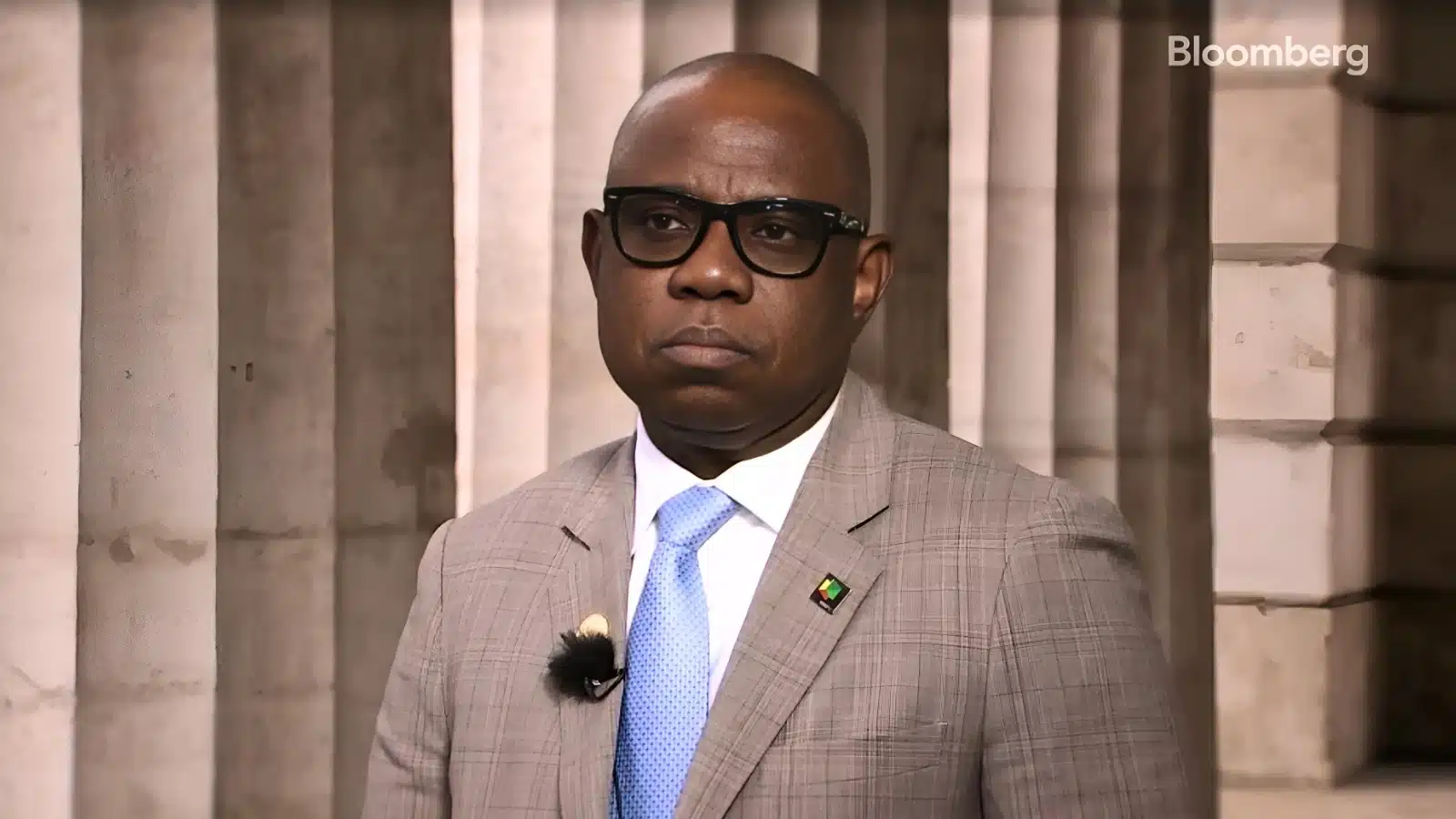Nigeria’s foreign reserves are expected to save a substantial $10 billion in foreign exchange in 2025 following the commencement of operations at the Dangote Refinery.
This is according to the latest Economic Outlook Report for 2025 by the Nigerian Economic Summit Group (NESG), as seen by Energy in Africa.
The report indicates that as the 650,000 barrels-per-day petrochemical plant ramps up production, there will be a significant reduction in FX allocation for petroleum product imports.
Despite being an oil-producing nation, Nigeria has relied on petrol imports for decades to meet its local energy demands.
The NESG report confirms that the country currently spends about 40% of its FX earnings on petrol imports, adding that this figure is expected to drop significantly in the coming months.
Located along the Lagos coastline, the Dangote Refinery has yet to reach full capacity, currently operating at around 80%.
As production increases, the refinery is expected to capture a major share of the local downstream market, according to the report.
Interestingly, this development is expected to free up foreign exchange for other import needs in the country.
“A pivotal factor in reducing Forex demand is the effective operation of the Dangote Refinery, which is expected to decrease Nigeria’s reliance on imported refined petroleum products significantly.
“This shift will conserve foreign reserves, estimated at $10 billion annually, and increase Forex liquidity for other critical import needs,” the report says.
Growth in Oil Refining Subsector
Furthermore, the NESG report highlights that the Dangote Refinery, alongside the Port Harcourt Refinery, will contribute to growth in the oil refining subsector in 2025.
Additionally, the report states that this development will stimulate growth in the manufacturing sector, with potential economic benefits.
“Increased operations at the Dangote and Port Harcourt refineries could boost the oil refining subsector and support the manufacturing sector,” the report says.
In 2024, Nigeria witnessed increased refining activities as the Port Harcourt and Warri refineries came on stream.
However, the Warri refinery is currently operating at about 60% capacity and has yet to commence production of premium motor spirit (PMS).
Challenges in the Manufacturing Sector
Meanwhile, the manufacturing sector has faced numerous challenges in recent years, particularly FX volatility and naira devaluation, which have made imported raw materials more expensive.
According to data from the National Bureau of Statistics (NBS), Nigeria’s manufacturing sector continues to struggle, contributing less than 3% to the country’s total Gross Domestic Product (GDP), trailing behind sectors such as agriculture, telecommunications, and banking.








